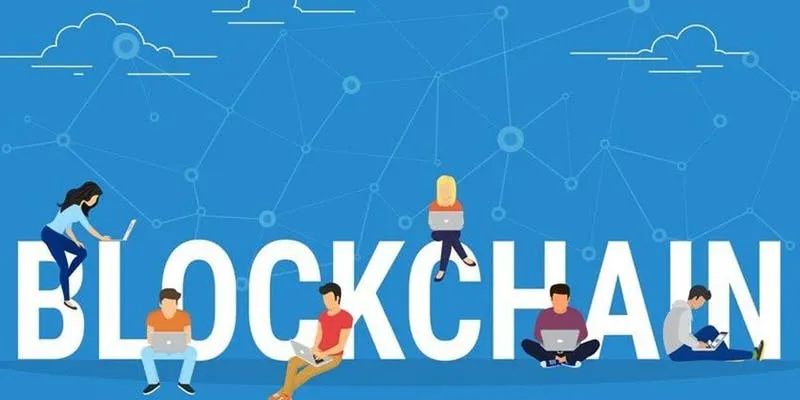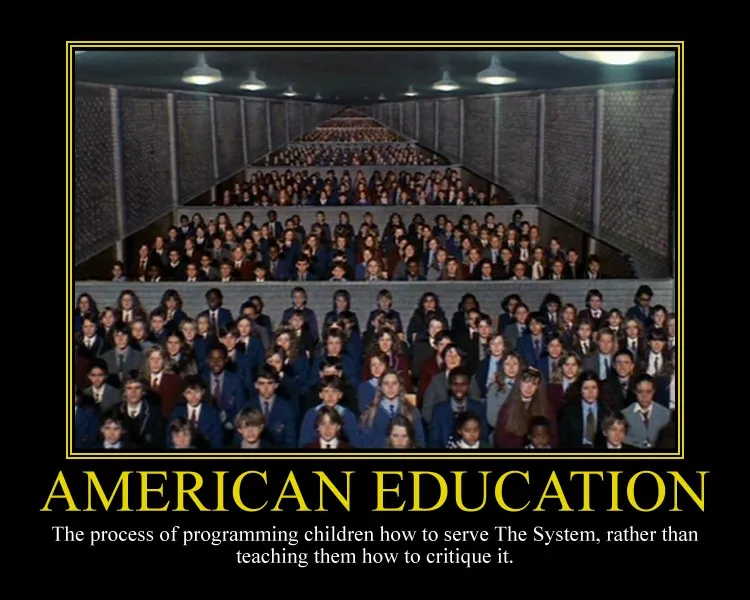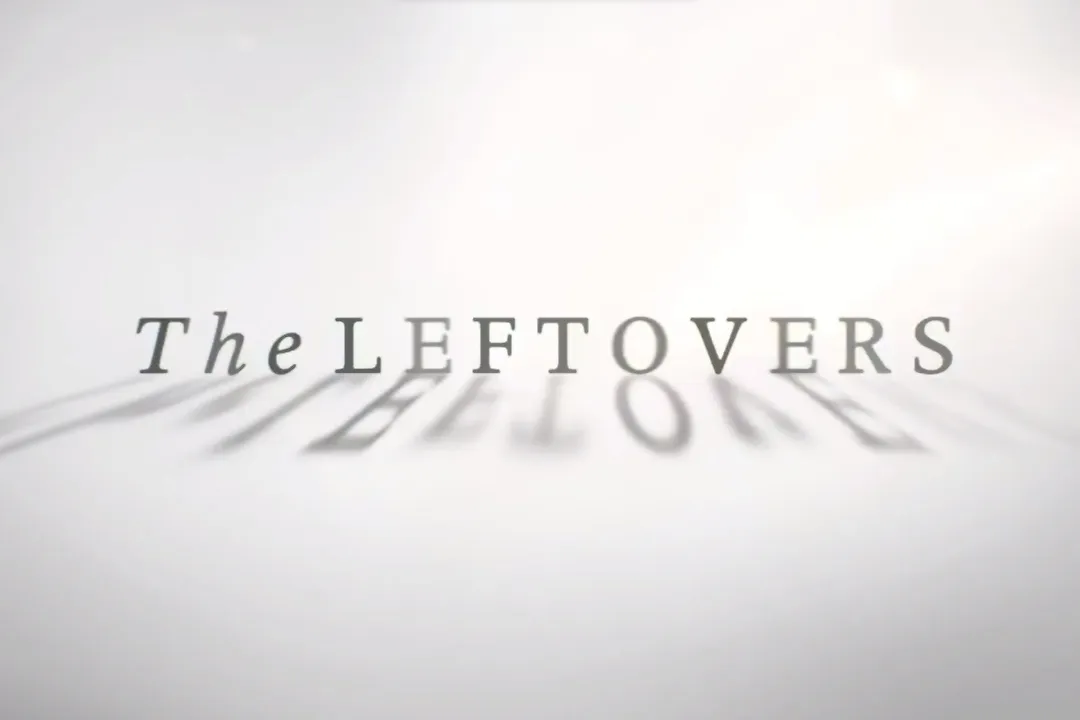
July 10, 2018, I was a part of a panel at Bowie State. To be honest, the title was kind of long and dull, but the topic covered was interesting. It was on the diversity and inclusion of minorities in the crypto/blockchain space. In full discloser, I co-organized the event. Also, I borrowed the idea of this article from Mario Beckless Jr, he was also on the panel.
Again, I would like to thank all who took part in making this happen. My co-organizer Jaime Arroyo; the moderator Lynn Wu, Bowie State for agreeing to host; the panelists Mario Beckless Jr, Samson William, Dr. Tiffany Smith, Enoch Antwi, Dr. Andrew Mangle (he was the plug for Bowie State); and the audience for coming out and being interested. Now that’s enough of that.
Here is a short back story. Jaime and I were at a conference in DC a few months back. We were talking about a bunch of different things and he brought the idea up of doing a panel in Baltimore; I was totally with it. Now the reality of how it played out is a whole different story for another time as a face to face, lol.
Aside from getting panelists and finding a venue, which takes more coordination than I initially thought. You also have to come up with questions for them to talk about. Or at least used to guide the conversation. We didn’t get to use all the questions. However, the questions used led to some good points about how diversity and inclusion is and can evolve in the Space. Also, questioning what it means in the global crypto Space. We addressed what educational institutions like Bowie and Howard are going through. We even went into the practical aspects of use cases and barriers to entry. Once I go through the footage, I will post it on DLive.
So, getting to the point of this article. I wanted to share the questions asked during the discussion and add in some of the questions we didn’t use. To be clear, the answers given here are based on my experience and observation of the growing Crypto Space.

Panel Question:
Topic 1: Blockchain Overview:
1. Help us demystify “what id blockchain?’ in 2 – 3 sentences?
In short, it's like a digital notebook, that everyone gets a copy of with same notes (data) on what happens between party A and B. Anyone can get a copy of the notebook but has to answer a math question to add notes to the page (block). When everyone checks the and agrees on the answer being right (consensus), the winner is rewarded adds the notes to the page adding to the notebook. This is a general for most blockchains.
2. How is this technology helping people at the ground level (Unbankable, P2P payments, investment management and supply chain as examples)? Is blockchain really going to solve all the worlds’ technology problems and make people obsolete in the future work force?
The more I learn about the technical side of the tech. The more I realize that it can’t solve everything, right now. Yes, it’s usable in the financial world because that was the lowest hanging fruit (industry) to penetrate with the technology. But there is still scaling issues that won’t be magically solved tomorrow. People will not become obsolete by the end of the week by the technology. I do feel that certain industries will experience radical change in the coming years as the software and products based on blockchain further develop, become streamlined, and are integrated with AI and automation. On the upside, cryptocurrencies are allowing people to develop na ew income stream. I see this having a positive effect on the gig economy. Also, the technology is allowing for new business models to be developed. That’s what really changes industries.
3. Cryptocurrency is still what many think of when they hear blockchain, but we know they can be separated. How do we help people understand this concept?
I show people my phone (a smartphone) and say “the phone is blockchain, it holds all the techie stuff (hardware and software). The apps on the phone are the different ways I use the phone (use cases). You have an app to text, make phone calls, surf the web, etc. Cryptocurrencies are just on an app on the blockchain. There are a bunch of other applications that are being worked on like logistics, ID management, records management, etc…”

Topic 2: Diversity & Inclusion in Blockchain: Blockchain and cryptocurrency space has the reputation of an “all boys club” (aka bitcoin bros)
1. Why should the technology and investment sectors include more diversity? Is the blockchain world opening up for people of color? Why are minorities seemingly always the last to the economic and technology table?
I have a very big issue with how the subject of Diversity and Inclusion Movement (DIM) is framed in the US. Looking at my LinkedIn and Twitter feed I see females/POC all the time posting projects they’re working on, supporting, or just think are interesting. They come from all walks of life and have different of backgrounds. Not to mention the crypto community is a global one. So, when I hear people talk about DIM, I know more than likely they’re just talking about what going stateside. Cause if they went of said of the US, they would have a better understanding of what diversity and inclusion really looks like; realizing what is being argued in the states doesn’t accurately represent the Space globally.
I also have an issue with the “bitcoin bros” thing. I’ve been in the Space for years and never hear anyone use that term. I think that’s more of the corporate mentality/speak folks working to push that crap into the crypto space. To be clear I’m not saying the numbers are equal or perfect. But I think the promotion of this a being a super big issue is dismissive of the females who are in the Space and working to get other young ladies to develop a career in the tech field in general. But maybe that’s just me talking as a male, who knows?
As for the POC being the last to the table, again I feel that’s a stateside thing. I also think it’s a mental barrier thing. Look at what is going on in Kenya, South Africa, Panama, Columbia, and places like Vietnam. I feel in general, POC in America have been conditioned to having a different mentality than those living in the fore mentioned countries. For the US (a 1st tier country), I feel that barriers entry like economic, technology, age, and education are the easiest to provide practical solutions for compared to 2nd and 3rd tier countries. But compared to those countries, the mental barrier is the hardest thing to counter, and that just in general let lone POC.
2. How do we attract more people of color and women to this space? Do panels like this help or hurt? Do we need more mentor? Is it the lack of financial resources?
I think that we need to have more ground level events, that are open to everyone. I believe that the education of getting into the Space should start from the ground up. And looking to centralized institutions to provide the education eventually brings us back to the point we’re at now. I get so annoyed with people arguing that we need to have the traditional financial, educational, governmental structures get into the Space more. Or we need to ask what they think about it first before we do anything. That is not what this technology is about. It was founded on the ideal of being permissionless. So why ask for the “people” who control the current system to allow you to use something that’s supposed to make them obsolete? In what universe does that make sense? Actually, it’s this one. I hear people doing it all the time, smh. When I hear people talk about bigger financial interest, I hear people “how can I make money of you and get you back in the old system without you noticing it?’’
3. How should a business go about creating the right culture and visibility while a) delivering excellence to build the future and b) getting their ROI/meeting their bottom line? How do we grow our brands but also help our brothers and sisters?
I think that the retail level businesses will have to learn to market this technology as a payment option to their customers. This will play out better for online business compared mom & pop store front because of the overhead. As the use case of cryptos grow, this will help to bring in new clients. Maybe host a crypto ATM will help to gain the interest of their regualers. I think that midsize to enterprise level business will have to work on integrating it on their backend. That way the clients will cross over in the technology seamlessly and not have to go through the process of having to learn anything new up front. I think the ROI questions are too subject if all you care about is money. This Space is still too young to make financial guarantees and promises. Plus, all the tech is just a big experiment experiment anyway. Not every ICO is going to be the next Bitcoin or Amazon, granted it will be sold that way. There’s nothing that even says BTC will be here in 2 or 5 years. Only time will tell how.
As for the branding, don’t go down the path of BCH and BTC. It’s doesn’t have to be 1 thing that does something. If your crypto/blockchain based software or products meets the need of the individual and their happy with it. There is no enforceable rule that says they must only use your thing.

Topic 3 Blockchain Education:
1. Is the University’s problem to educate and solve the lack of accessibility? Do we need to change the way we teach Science and Emerging Technologies? Are the costs and Student debt loans amounts stunting the growth of blockchain for minorities? HBCU’s are they on par with other schools and if not, what do they need to start working on?
I honestly feel that this isn’t a money or education issue in relation to the Crypto Space. As for education in general, our system just sucks, sorry to say. Just look how we compare globally when it comes to early year education. We put so much money in the system but what are we getting in return. What kind of thinkers & leaders of tomorrow are we creating? Now look at our higher ed institutions, we don’t even make the top 15 rank wise in subject last I checked. That then begs the question, why do people come from around to study here study. It’s for the name. Education has turned into focusing on the business hitting the numbers not actually educating. I’m not even going to start on the whole student loan debt situation in the states.
2. How long doe you think it will be before a school offers a full matriculated degree in blockchain technology? Are colleges and universities ahead of the curve or behind, when it comes to being thought leaders in the Space?
Honestly, that’s years down the road. No less than 3 in my book. We’re still trying to see how this will play out in the business world. What economic school of thought with the technology favor Keynesian or Austrian? That’s just one field of study. Then there is the tech side of actually programming, which you can learn on your own for free. But what will the programming space look like in years for the languages and protocols. We’re still waiting to see some of the dust settle to compose some basic standards in the Space. The other issue is going to be how slow schools move in figuring out how they can monetize information that is free on the web. Not to mention there is nothing that says I need a degree to work in the Space (minus 1 or 2 specific careers). As long as I can create the end product or service for the client or boss, degrees don’t matter in a global world of cryptos and blockchain. But that’s just my view on it. Thought leaders for this Space aren’t coming out of the academic world.
 :
:
Questions Left Over:
1. How do you see blockchain use case impacting the Gig Economy?
This technology is going to be a booster shot in my opinion. Cryptos applied to the Gig economy is allowing people to gain new streams of income and do it for tradition and none traditional job titles.
2. Why is the use case of cryptos such a hard idea to sell?
This going back to the whole metal barrier concept and in the case of the US being in a 1st tier country. We have systems in place like credit/debit card, Paypal, Apple Pay, and Venmo that allow for a level of convenience that cryptos isn’t at, yet. So, when you bring it up to none coiners they don’t see the point because they already have systems that meet their needs and require no new learning or understanding. Not to mention most American have no understanding of how money or currency works, and the concept of economic sovereignty is lost on them. The bottom line is, the government has done a good job at making people believe the lie of everything being ok. But I think that is slowly starting to change.
3. Blockchain is touted as a “permissionless technology”, how do you see that concept playing out in the bigger society as the adoption rate increases?
I think that it’s already having an effect; the paradigm shift is happening. Hopefully, we can keep that concept in the popular narrative as it’s being told to the public (contrary to what those in power want). It will have a more positive effect than negative. Already we see communities and projects develop around city, state, and federal budgets being put on the blockchain for openness. People are questioning and developing solutions to revamp how we do finance globally, sooner or later doing away with centralized institutions. The permissionless aspect of the technology is inherently infectious to people’s thinking of what they can and should do with it. I know not all things will be for the betterment of society and some will be out right illegal. But the same can be said for the invention of the car, phones, computers, fire, etc.
4. Where do you see the most innovative uses cases of blockchain being developed and used?
As I see the Space. I feel the most interesting and invocative projects are going on outside the US. So, looking at Africa, South East Asia, and Eastern Europe is something I bring up to people all the time. The culture and governments are more inviting for the companies looking to create the technology and help expand their economy. It’s a very different perspective than what is happening in the US. I think for the traditional financial industry, Reggie Middleton’s Veritaseum platform will be globally revolutionary. For logistic FOAM has caught my attention and will have first movers’ advantage. Plus, I think the technology is interesting.
5. What advice do you have for people interested in getting into the Space?
Well what I say now is very different than a year or two back. The Space has changed a fair amount since then. Before it was just get in and HODL. But now I start with the question, what are you trying to do? Are you just looking at the money aspect and flipping? I tell people up front I’m not about flipping, day trading, or making them rich (honestly, I don’t know how to, plus were kind of past that phase of the Space). I share some of what I know (don’t what to cause a brain overload, I’ve seen faces people make when it happens, lol), recommend some people they should google, tell them about Meetups and how they are free, and anyone can go to them.
6. Will open source projects ruin the profit margins for propriety technology? How is how is premissionless open source technology changing the IT and business culture?
Open source projects aren’t anything. I’m not in IT per say but I’m into technology. I look at what IBM did with buying Github (opensource repository) or what Amazon is doing with AWS (allowing platforms to host their “blockchain”) or Goldman Sachs (using Circle to buy Poloniex). I see it as the writing on the wall and so do the traditional players. If they want to stay relevant, they have to go where the innovation is happening, and somehow get a piece of that pie (i.e. buy ins or setting up the infrastructure and offer at lower cost). The rest of the industry is catching up to what Linus figured out decades ago. To be clear I can respect what the traditional companies as a business strategy. But I feel this set a dangerous precedent for the Space over all. You can have open source products and still be profitable. It sounds contrary to business, but I think this will be the base of what make more innovation is the Space going forward.